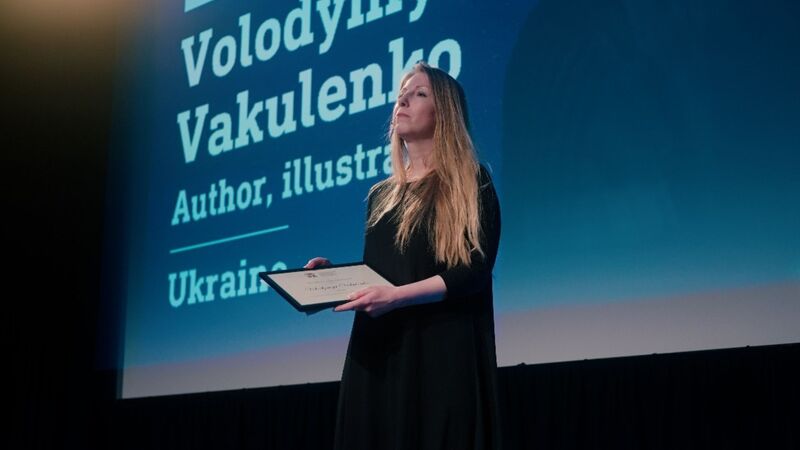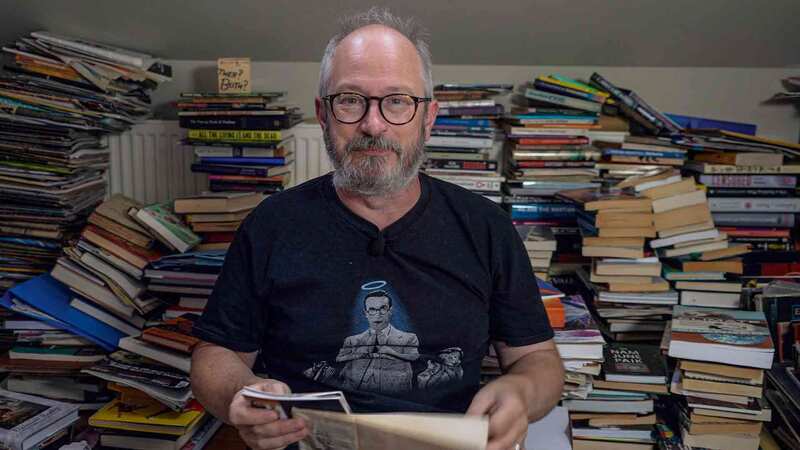You are viewing your 1 free article this month. Login to read more articles.
Court grants injunction blocking Maryland library e-book law
A court has granted a preliminary injunction blocking a Maryland library e-book law which would force publishers to license e-books to the state’s public libraries in the US state.
District Court of Maryland Judge Deborah L Boardman blocked the implementation of Maryland’s law on Wednesday (16th February) and said it is likely pre-empted by federal flaw. The move will provide a warning guideline to other state legislatures looking to impose conditions on how publishers choose to exercise their federally granted copyrights.
Judge Boardman said: “It is clear from the text and history of the Copyright Act that the balance of rights and exceptions is decided by Congress alone. The Copyright Act contains an expansive express pre-emption provision” designed “to pre-empt state copyright laws".
The Association of American Publishers (AAP) challenged the controversial law, arguing that it is unconstitutional and would give libraries “unprecedented control” over basic copyright transactions. It argued Maryland enacted a state copyright law that interfered with and sought to direct the transmissions of literary works within its borders, and that it "clearly conflicts with the United States Copyright Act and frustrates its essential public purpose”.
Maria Pallante, president and c.e.o. of the AAP, said after Wednesday’s judgment: “We are extremely pleased with the court’s swift opinion and strong analysis in granting a preliminary injunction today. As the court concluded, this outcome is very much in the public interest, and it ‘is only through the protection of copyright that books and other creative works may be generated and distributed at all’.
“We also thank the court for moving decisively to protect the integrity of the exclusive rights that vest with authors, for preserving a uniform and effective federal Copyright Act, and for recognising the long-term criticality of a vibrant and independent publishing industry in society.
"The opinion makes crystal clear that ‘striking the balance between the critical functions of libraries and the importance of preserving the exclusive rights of copyright holders’ is not the province of ‘this court or a state legislature.”
















